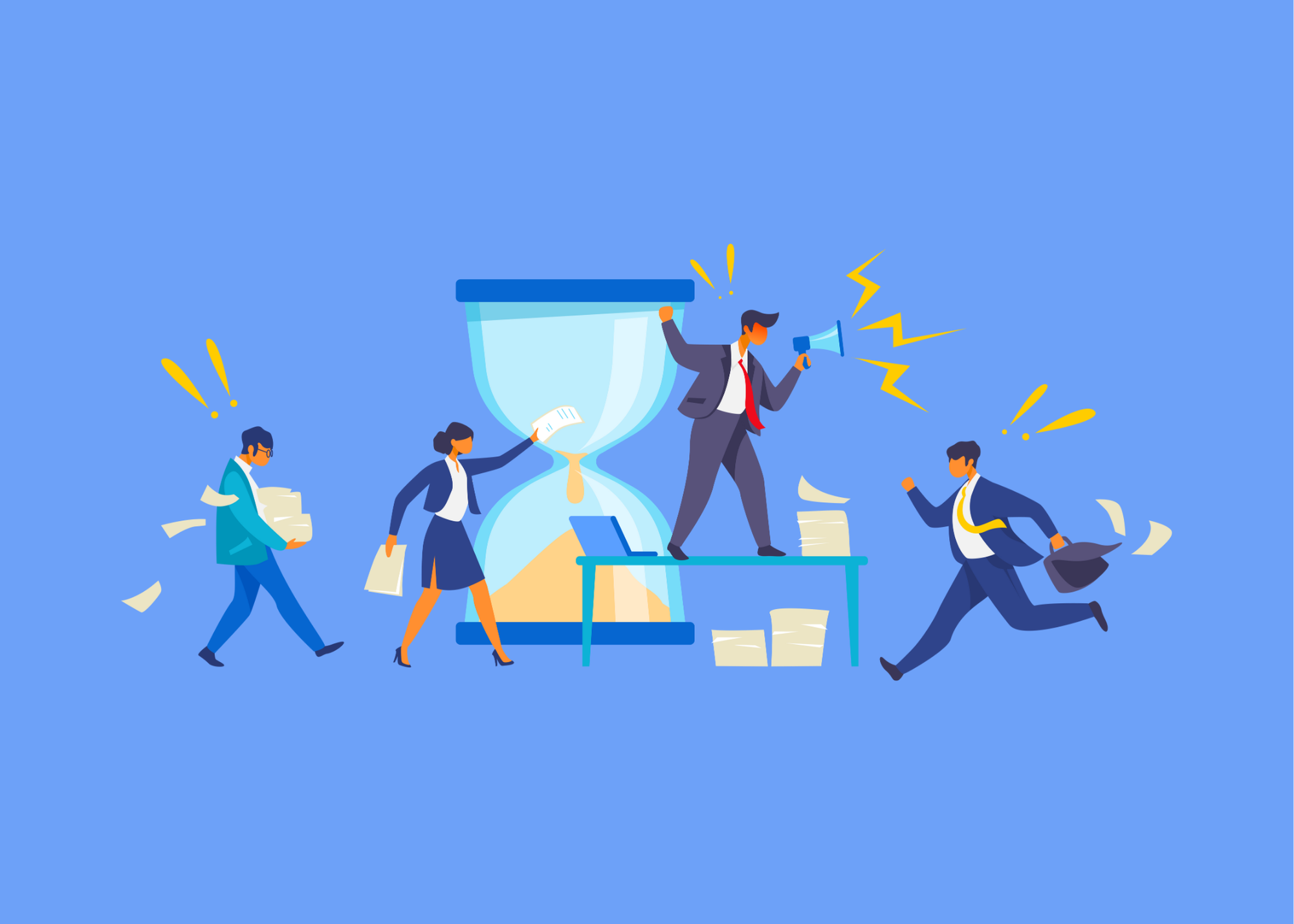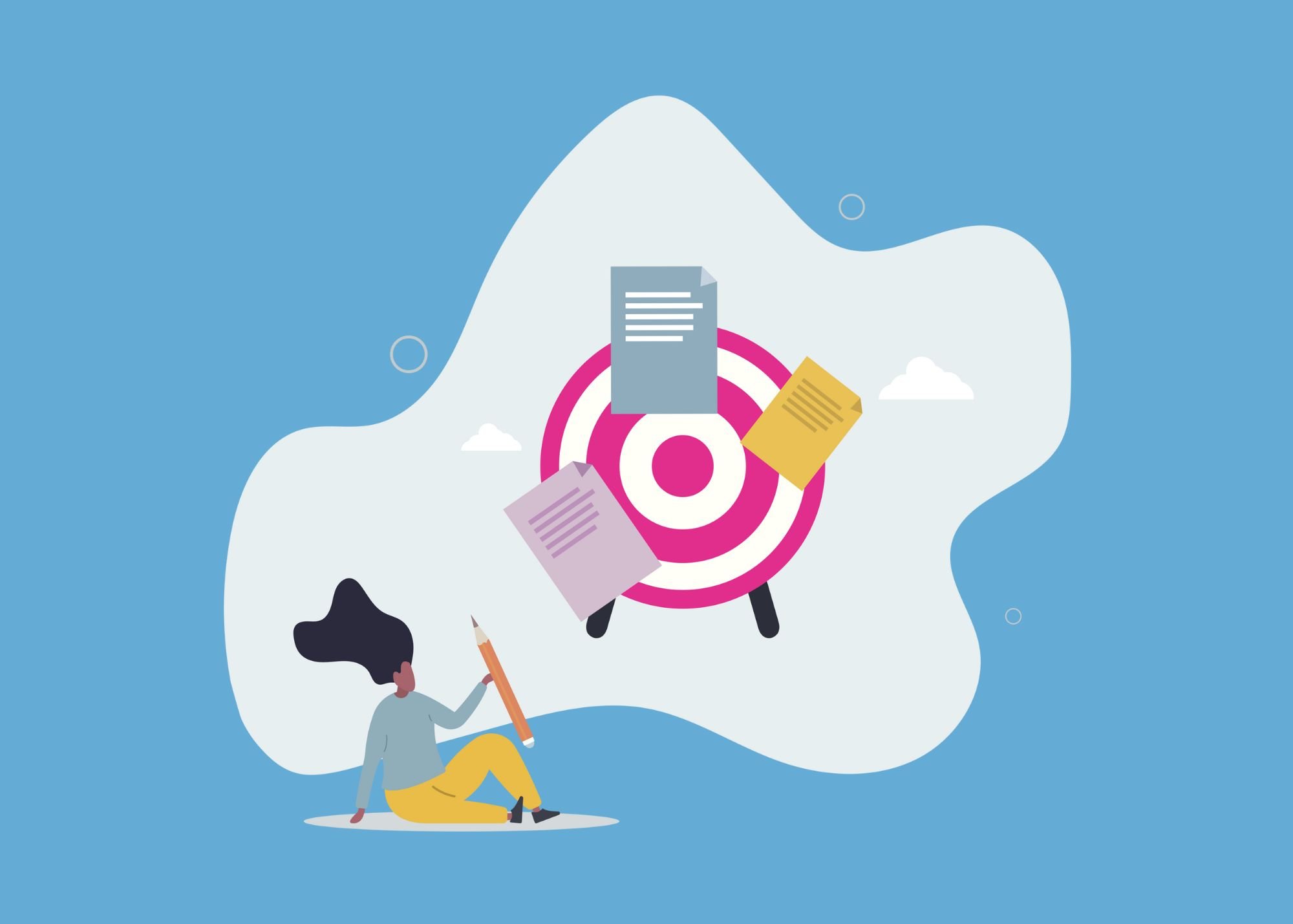The Everyday Life You Live Is the Legacy You Leave: Are You Living in Alignment With Your Core Values?
Why Legacy Matters More Than You Think
For busy professionals struggling with stress, burnout, and competing demands, the idea of "legacy" might seem like an abstract, far-off concept—something to consider in retirement or later in life. However, legacy is not just about what you leave behind; it’s about how you live your life today. Understanding the role of legacy in emotional and mental resilience can provide a framework for decision-making, stress management, and personal fulfillment, helping you build a life that aligns with your core values and long-term vision.
Defining Legacy: It’s More Than Just Wealth and Status
Legacy is often associated with financial inheritance, career achievements, or social recognition. However, at its core, legacy is about impact—the influence you have on people, communities, and the world around you. It can be broken down into three primary components:
Personal Legacy: The values, wisdom, and character you cultivate and pass down to others.
Professional Legacy: The contributions you make in your career, industry, or business.
Relational Legacy: The impact you have on your family, friends, and social circles.
Recognizing and shaping these aspects of legacy while actively living your daily life can create a deeper sense of purpose and resilience in the face of stress and adversity.
The Connection Between Legacy and Resilience
Resilience is the ability to adapt to stress, challenges, and setbacks while maintaining emotional and mental well-being. A strong sense of legacy contributes to resilience in the following ways:
Anchoring Purpose: Having a clear sense of what you stand for and what you want to contribute can serve as an emotional anchor during stressful times.
Providing Perspective: Legacy thinking shifts focus from short-term struggles to long-term impact, reducing the tendency to overreact to immediate pressures.
Enhancing Motivation: Knowing that your actions today contribute to a lasting impact can help sustain motivation even when facing obstacles.
Strengthening Identity: A well-defined legacy reinforces self-identity, which is crucial for navigating career and life transitions with confidence.
How to Cultivate a Legacy Mindset for Greater Resilience
If you’re already overwhelmed with responsibilities, adding "legacy planning" to your to-do list might sound daunting. However, cultivating a legacy mindset doesn’t require major life overhauls—it starts with small, intentional shifts in thinking and daily actions. Below are practical ways to integrate legacy into your life for improved emotional and mental resilience.
1. Clarify Your Core Values
Many busy professionals operate in "survival mode," making decisions based on urgency rather than importance. Taking time to define your core values provides a foundation for both legacy and resilience.
Actionable Step: Identify your top 3-5 core values (e.g., integrity, family, service, innovation, health). Write them down and use them as a filter for decision-making.
Reflection Question: How do my daily choices align with my core values?
2. Shift from Success to Significance
Traditional success metrics—salary, promotions, titles—are fleeting. A legacy mindset prioritizes significance over success, focusing on meaningful contributions rather than external validation.
Actionable Step: Instead of asking, “What do I need to achieve?” ask, “How can I make a meaningful impact today?”
Reflection Question: If my career ended today, what impact would I be most proud of?
3. Develop Stronger Emotional Regulation Skills
A legacy mindset requires resilience, and resilience depends on emotional regulation. When you react impulsively to stress, you weaken your ability to make thoughtful, long-term decisions.
Actionable Step: Practice the 5-5-5 breathing technique: Inhale for 5 seconds, hold for 5 seconds, exhale for 5 seconds. Repeat until you feel grounded.
Reflection Question: How can I pause and respond, rather than react, to challenges?
4. Invest in Meaningful Relationships
Your relational legacy—the way you treat and support others—plays a critical role in resilience. Strong social connections provide emotional support, perspective, and encouragement during difficult times.
Actionable Step: Schedule one meaningful conversation per week with someone who energizes and inspires you.
Reflection Question: How do I want to be remembered by the people closest to me?
5. Create a Daily Ritual for Legacy Reflection
To integrate legacy thinking into your busy life, establish a simple daily or weekly practice for reflection.
Actionable Step: At the end of each day, ask yourself: “Did my actions today reflect the kind of legacy I want to build?”
Reflection Question: What one small action can I take tomorrow to align more with my long-term vision?
Overcoming Common Barriers to Legacy Thinking
Despite the benefits, many professionals struggle to incorporate legacy thinking due to certain mental roadblocks. Here’s how to address them:
“I’m too busy.” → Start with micro-habits. Legacy-building isn’t about grand gestures; it’s about consistent, small actions.
“I don’t know where to start.” → Begin with identifying core values and aligning small daily choices with them.
“It feels self-indulgent.” → Legacy is not about ego; it’s about contribution. By focusing on impact, you create a life of meaning.
“I’m not successful enough yet.” → Legacy is not just for the wealthy or famous. Your influence on others, no matter how small, contributes to your lasting impact.
The Long-Term Benefits of a Legacy-Focused Mindset
When professionals embrace a legacy mindset, they often experience:
Greater Clarity and Direction: A well-defined personal and professional mission helps eliminate distractions and unnecessary stressors.
Increased Emotional Stability: Long-term vision reduces knee-jerk reactions to short-term setbacks.
Stronger Work-Life Balance: Prioritizing impact over achievement leads to healthier boundaries and decision-making.
Higher Resilience to Failure: When failure is viewed as part of a broader journey, it becomes easier to recover and adapt.
Deeper Sense of Fulfillment: Living with purpose leads to a more satisfying and rewarding professional and personal life.
Final Thoughts: Start Building Your Legacy Today
Legacy isn’t something to worry about later—it’s something to cultivate every day. By shifting from a mindset of immediate success to one of lasting impact, you create a framework that supports both emotional and mental resilience.
Start small. Define your core values. Align your daily actions. Invest in meaningful relationships. Reflect regularly. By making these shifts, you’ll not only strengthen your resilience but also build a life that leaves a lasting, positive imprint on the world around you.
⭐️ For the High Achiever Asking, “What’s the Point of All This?”
You’ve climbed the ladder, chased the titles, hit the goals—so why does it still feel empty?
Existential health is about meaning, not metrics.
💡 Let’s reconnect you with your “why.” Book your free 20-minute consult today.
Article References
The sources cited in the article:
Forbes. “Your Legacy.” Forbes - Your Legacy
Tiny Buddha “Living Your Legacy: How Will You Touch Others’ Lives?” Tiny Buddha - Living Your Legacy
Harvard Business Review (HBR). “How to Think About Building Your Legacy.” HBR - How to Think About Building Your Legacy
Columbia Business School. “Legacy: A Reflection on the Year and a Vision for the Future.” Columbia - Legacy
Ramsey Solutions. "Three Keys to Leaving a Lasting Legacy." Ramsey Solutions - Three Keys to Leaving a Lasting Legacy






